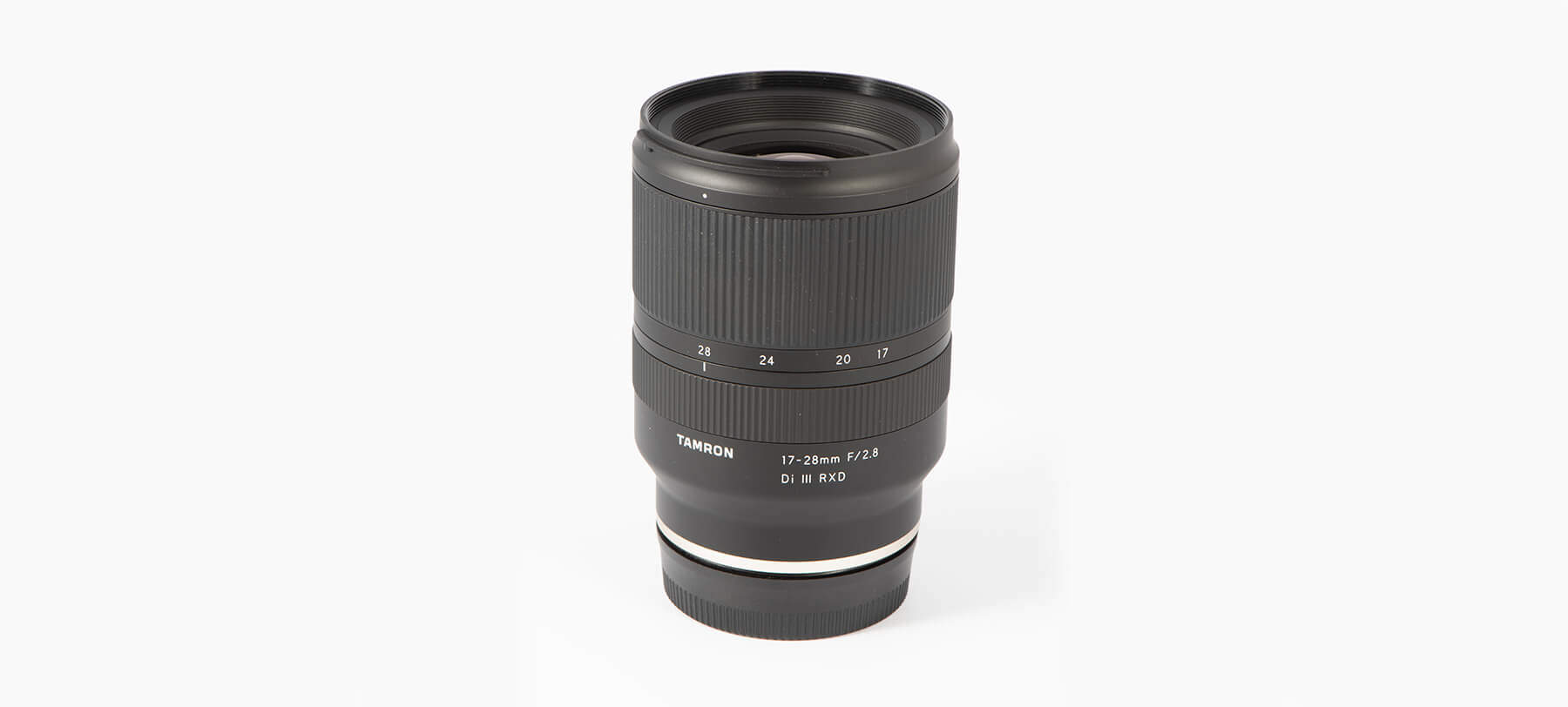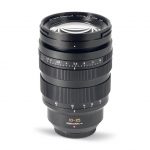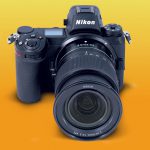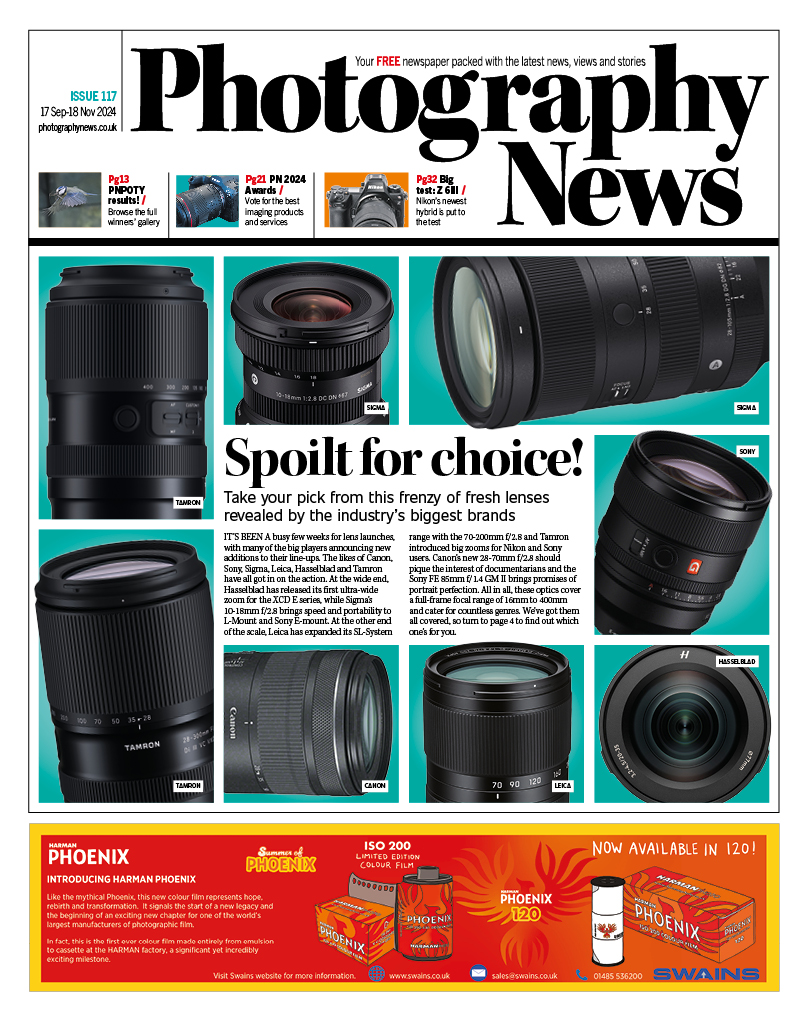
Tamron 17-28mm f/2.8 Di III RXD test: Tamron goes wide for Sony
Posted on Oct 17, 2019
At a competitive price, this compact E-mount lens offers a fast aperture, wide coverage and a moisture-resistant build.
The huge popularity of Sony cameras means the brand is well served by independent lens makers, and Tamron’s latest arrival is a full-frame, fast constant aperture, wide-angle zoom: the Tamron 17-28mm f/2.8 Di III RXD.
It sells for £899, so it’s competitive for what’s on offer. Its wide coverage and fast f/2.8 aperture throughout are two key selling points, but there’s much more, including a moisture-resistant build, silent autofocusing – and it’s compact, too, making it ideal for travel among other subject areas.
I tried it on a full-frame Sony A7R III and APS-C format A6300. The lens handles and balances well on both, although I did find on the A6300 that, while the lens body is contoured as it approaches the camera body, the gap between body and lens might be a bit tight for those with long or chubby fingers. I found my knuckles grazing the lens body, although it is true that the smooth body finish means there should be no friction issues. If you intend buying this lens with a view to using it with the new A6600, with its chunkier handgrip, this is something that might be worth a check.
Click the images to see a larger view
There are no distance or depth-of-field markings and the focal length range is swiftly covered in less than one quarter rotation of the zoom ring.
The autofocus is smart and worked very nicely with both cameras, giving a swift, precise performance. Manual focus is also good, with a smooth-running focus barrel, and you get focus assist, too, which is a bonus. Another bonus is that the lens’s size stays constant during focusing and zooming and – for filter users – the accessory thread does not rotate.
Optically, the lens delivered a capable performance and showed itself very usable at the wider apertures. At 17mm, for example, there’s lovely sharpness across the frame at f/2.8 and that got better, peaking at f/8 before gradually falling away after f/11.
It was a similar performance pattern at 20mm and 24mm, too (only the 20mm results were shown in print, but 24mm shots are shown here). The centre and edges are impressive even at f/2.8 and detail rendition is even better, with stopping down reaching a peak at f/8 and f/11, then the image softening due to diffraction at the smallest apertures.
Apologies for repeating myself, but the Tamron produced a very similar performance at 28mm as we saw at the shorter settings, ie. fine image quality at apertures from f/2.8 through to f/8 and then tapering away from f/11 to softer images at f/16 and f/22.
Of course, the downside with this lens is that its smaller aperture performance is not as good when maximum depth-of-field is needed, so that is a point to bear in mind (you still get plenty at f/11, though).
With good control of flare and distortion, coupled with its very capable resolution performance – notably at its wider apertures – this Tamron wide-angle zoom is an impressive optic and deserves some serious consideration.
Verdict
Pros: Constant f/2.8, smooth handling, useful range, compact
Cons: Image quality at f/16 and f/22 not as good as wider aperture values
The Tamron is a competitively priced wide-angle zoom covering a really handy focal length range, and it’s a capable performer throughout its aperture and focal length ranges. It meshes well with Sony full-frame and APS-C bodies, with slick AF, and the fact it is so portable for a lens with this coverage is a big benefit. It’s lovely to use, too.
For more information, please visit the Tamron website.
As featured in issue 71 of Photography News.
































